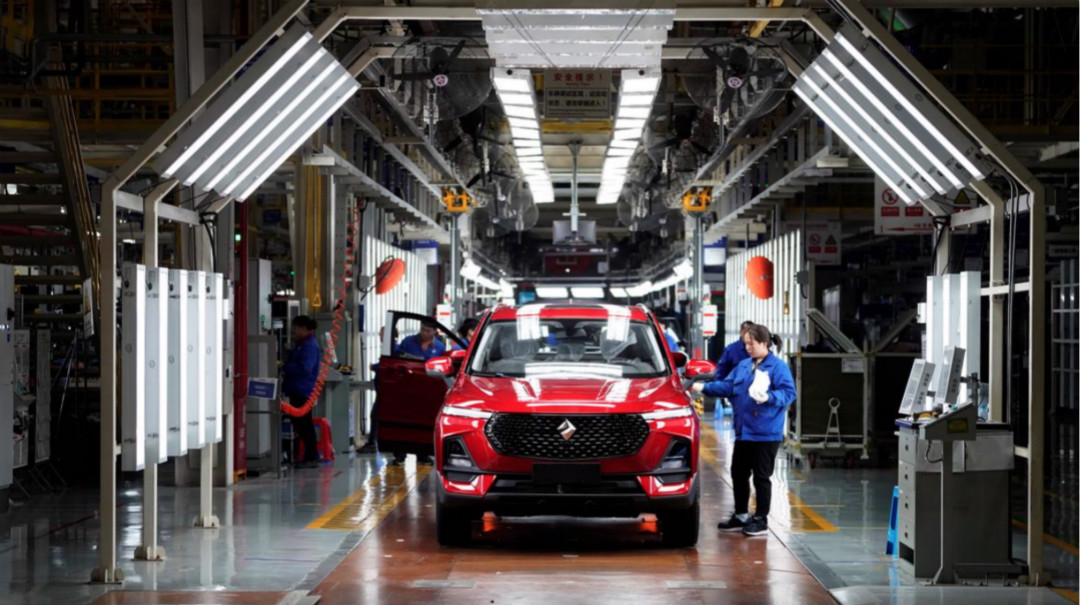
Company
13:03, 17-Apr-2019
No-frills no longer: GM's China brand Baojun to undergo a major makeover
CGTN

By many measures, General Motors' China brand Baojun has been an exceptional success story, growing at breakneck speed by selling low-cost no-frills vehicles in smaller cities and rural areas.
But as Chinese consumer tastes shift away from basic and affordable, Baojun is engineering a different image for itself – launching mid-market models that will sport a redesigned logo and be sold through new or revamped showrooms.
The move is aimed at ensuring Baojun has offerings in the 100,000 to 150,000 yuan (15,000 to 22,300 U.S. dollars) range that holds the most potential for the brand, said Mike Devereux, executive vice president of SGMW, GM's venture with Chinese partners SAIC Motor Corp and Guangxi Automobile Group.
“When you look at what might happen in terms of some of the shrinking segments, you are going to make sure you don't put all your eggs in one basket,” he told Reuters in an interview.
The first model off the block is the RS-5 SUV, which went on sale last week.
More sleekly designed than other Baojun vehicles, it is the first to feature semi-autonomous driving technology and will be priced from 96,800 yuan to 132,800 yuan. By comparison the most expensive model under Baojun's old badge is priced from 85,800 yuan to 117,800 yuan.
Another three models will be rolled out this year, Devereux said, declining to provide further details on the cars.
GM executives and analysts see Baojun's move upmarket as a natural progression as the brand seeks to stay relevant to younger consumers.
It is also supported by a large existing customer base. Most of Baojun's sales are in smaller and less economically developed cities, but those were areas few Western automakers sought to target and the brand, which only got its start in 2011, rocketed to sales of almost one million in 2017.
Amid a slowing economy, sales slipped last year to around 840,000, accounting for 23 percent of GM vehicles sold in China.
Han Dehong, senior sales manager at SGMW, said the venture had been exploring a makeover of the Baojun brand since 2014 in tandem with a wide-ranging overhaul of its R&D, supply chain and distribution system.
“Younger groups have become the main force of consumer spending in our society and we need to respond to this new younger wave with brand upgrades and revamped models,” he said.
Source(s): Reuters

SITEMAP
Copyright © 2018 CGTN. Beijing ICP prepared NO.16065310-3
Copyright © 2018 CGTN. Beijing ICP prepared NO.16065310-3